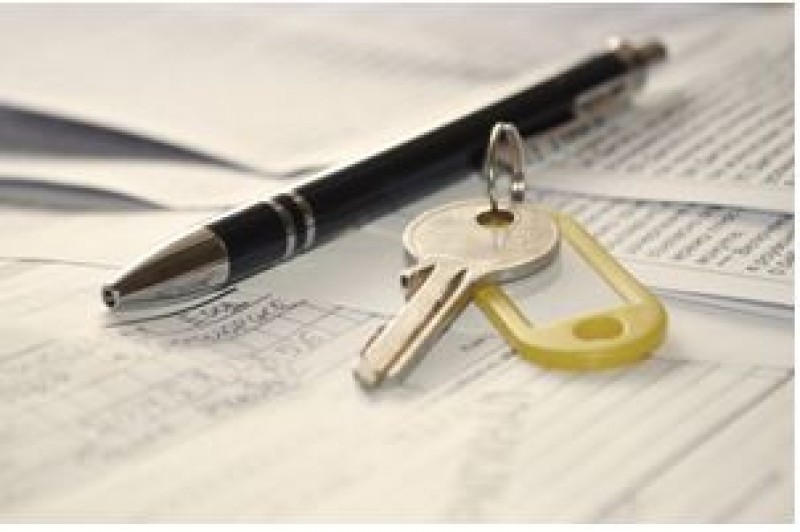
Landlord Update - Electrical Legislation
In recent years we have seen somewhat of a reform to the rental sector with seismic changes including the Tenant Fees Act, Fitness For Human Habitation Act and a potential review of Section 21 evictions. The new Electrical Safety Standards regulations will apply to all new tenancies from July 1 2020 and for existing tenancies from April 1 2021.
One of the key features of the legislation is electrical inspections, with landlords having to ensure that all electrical installations in their property are inspected and tested by an appropriately qualified electrician at least every five years. Documentation around these inspections then need to be shared with new, existing and prospective tenants as a legal requirement. Should the local authority request the paperwork, a landlord is also then required to supply this within 7 days of receiving the request.
Here is an overview of the changes;
• A landlord is required to obtain an inspection and test report from a qualified person, supply that report to each tenant within 28 days, and to the local housing authority within seven days of a request. A copy must be retained until the next inspection is due.
• For new tenancies, the landlord must supply a copy of the last report to any new tenant before occupation, or any prospective tenant within 28 days of a request.
• If the report requires further investigative or remedial work, this must be carried out within 28 days or sooner if the report suggests. Written confirmation of the work being carried out by a qualified person must then be given to the tenant and the local authority.
• If a landlord is in breach of the regulations, the local authority can serve remedial notices, if necessary, carry out the required works themselves recovering their costs from the landlord and can impose financial penalties of up to £30,000.
If you would like to read the full guide for landlords published by the government, you can do so here or if you would like to talk to us about your rental properties, please do not hesitate to contact us and we will be able to advise you.



